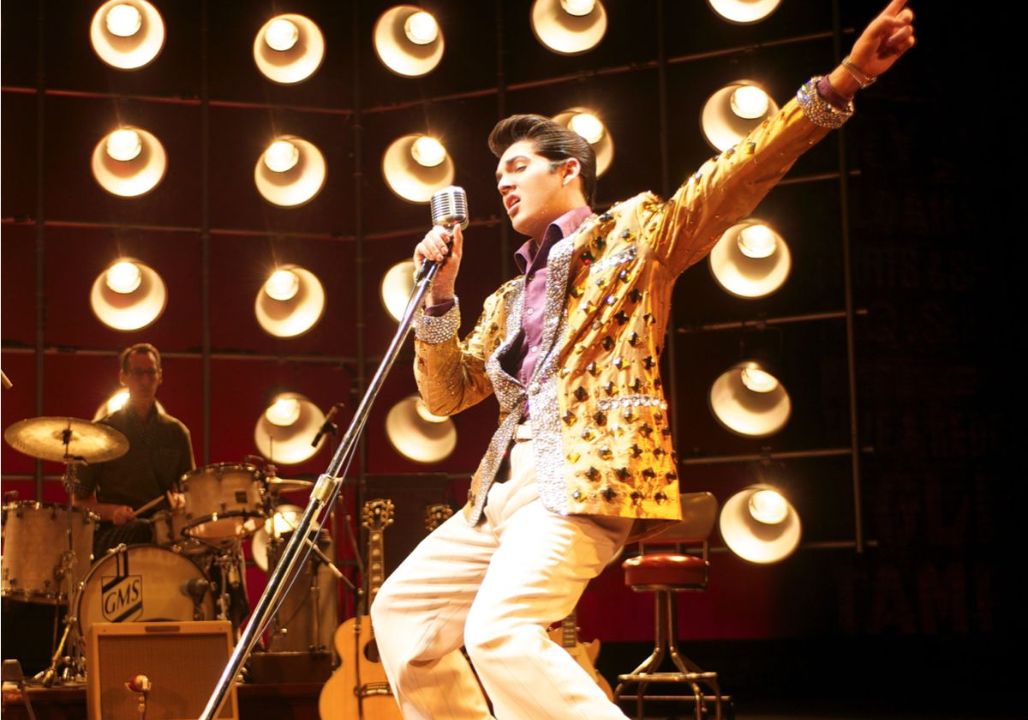
In March 1960, the world stood still as Elvis Presley, the undisputed King of Rock and Roll, made his triumphant return after completing his two years of military service. Drafted in 1958 into the U.S. Army, Elvis came back to a buzzing music industry and a passionate legion of fans eagerly waiting for what he’d do next. In an intimate and candid interview shortly after his homecoming, Elvis peeled back the curtain on his time in the Army, his complex emotions about returning home, and the whirlwind of projects set to launch his comeback.
Faced with questions about his immediate plans, Elvis revealed a relentlessly busy itinerary. First up was a return to the recording studio—a sacred ground for the musical icon. Next, he was set to star in a highly awaited television special alongside Frank Sinatra, followed by a film venture with renowned producer Hal Wallis. Not stopping there, additional commitments with 20th Century Fox awaited him. With a modest, yet knowing smile, Elvis admitted,
“Heaven knows, I suppose it’ll keep me busy the rest of this year.”
It was crystal clear: Elvis was not coming back for rest but to reclaim his throne on stage, screen, and airwaves that had once made him a global sensation.
Reflecting on his time in uniform, Elvis described his military service as a challenge steeped in growth. Emphasizing the value of fairness and perseverance, he stated,
“I made it just like everybody else,”
explaining how he played it straight, obeyed the rules, and forged friendships with comrades he might never have met otherwise. Despite the harsh German winters, exhaustive field duties, and the pang of being far from home, Elvis viewed this chapter as invaluable to his personal development. Offering heartfelt advice to the young men facing service, he counseled,
“Play it straight, do your best, and you’ll get through.”
The conversation inevitably shifted to music and romance—the twin passions of Elvis’s life. Although he admitted not having been home long enough to fully gauge shifts in the music industry, he was clear-eyed about the need for adaptation: he wouldn’t be foolish to resist change if it meant staying relevant. His ambitions extended to serious acting too. While acknowledging that formal training might sharpen his skills, Elvis conveyed a belief that experience remained his greatest teacher.
When pressed on romantic rumors, Elvis handled speculative whispers with his trademark humility. Downplaying gossip about Nancy Sinatra, he clarified that a young woman he’d met while in Germany did not constitute the dramatic love story that tabloids delved into.
“It wasn’t like that,”
he explained carefully, balancing honesty with discretion, protecting his private life.
One of the most touching moments arrived when Elvis spoke of his beloved hometown. His deep-rooted affection for Memphis and Graceland shone through.
“Someone asked me what I missed about Memphis, and I said everything,”
he revealed, displaying a profound loyalty to the place that had nurtured his rise to stardom.
As Elvis Presley embraced civilian life once more, the avalanche of anticipation grew palpable. With recording sessions lined up, TV appearances on the horizon, and movie sets calling his name, the message was unmistakable: the King was ready to reclaim his throne, and millions worldwide were poised to welcome their hero with open arms, hearts aflame with excitement.
